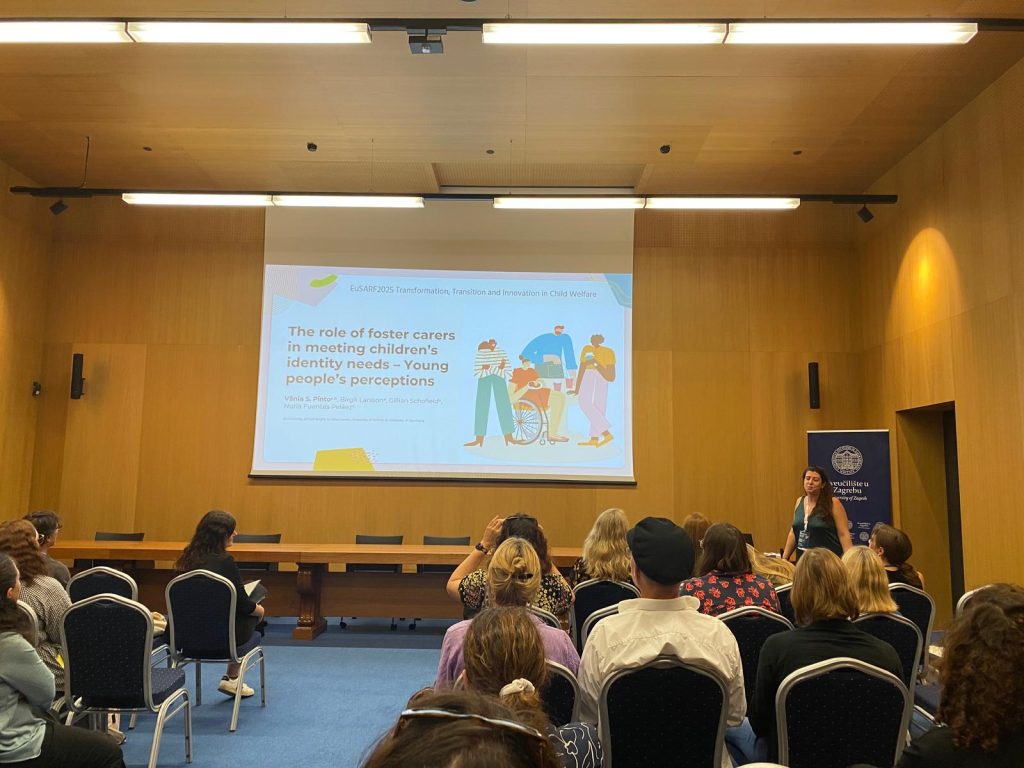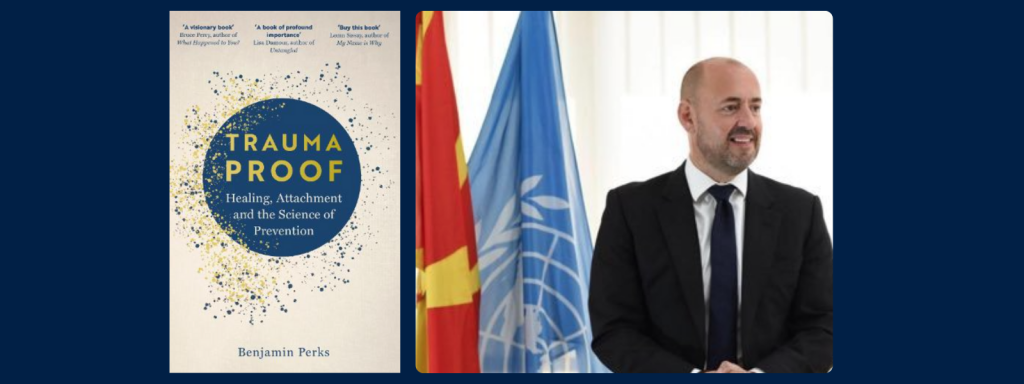
A Reflection on Children in Foster Care and the Role of Foster Carers
Children who are placed in foster care (i.e., type of alternative care in a family environment) have been identified in the European Commission’s Child Guarantee 2019 initiative as one of the most vulnerable groups that require support due to the risk of poverty and social exclusion. The exposure to maltreatment combined with the removal from their birth family and placement in foster care are recognised life events that introduce discontinuity in children’s development, which can lead to worse long-term outcomes (e.g., education, employment, income, housing, health, substance abuse, and criminal involvement) in comparison with children in the general population.
Therefore, gaining an in-depth understanding of the role of foster carers is crucial. At first glance, one might think that this role is intuitive, since it involves promoting the overall development of children and integrating them into the foster family and its social network. However, although being caring and offering love are indeed at the heart of foster carers’ role — as shared by a child in my doctoral research1: ‘I believe you need to have love for a child, affection to give to a child, just like with a son or daughter, right? I think every child needs affection. Well, actually, everyone needs affection, but especially children, right?’—other requirements are equally important.
It is essential to know how to care for and love children who may face behavioural, physical, mental, and/or educational difficulties, while also celebrating and promoting their social identity. Foster carers are also expected to work collaboratively with a range of professionals and to build supportive relationships with children’s birth families. Additionally, they are expected to respond to the requirements and types of support made available by children’s social care services.
Interestingly, behind these different tasks of the role of foster carers are relationships, relationships between the different parties that contribute to the act of fostering (please see Figure 1 – Pinto, 2022). In the words of a foster carer who also participated in my doctoral research1, ‘when everyone is working together as a team, things work’. This statement captures a central understanding of fostering: while the tasks involved may be many, the collaborative element enables them to succeed.
Figure 1 – Process model of the determinants of fostering[1]

What also emerged from my research is that these relationships are not isolated. They are interdependent and dynamic. For example, a stronger relationship between the foster carer and the child’s birth family can enable more meaningful contact between the child and their birth family. At the same time, a trusting and collaborative relationship between foster carers and social workers can lead to more effective support being delivered to the child. Moreover, when foster carers have supportive, cooperative relationships with professionals and birth families, they tend to develop closer, higher-quality relationships with children, which can lead to better short and long-term outcomes for children.
In short, while policies and procedures shape the framework of foster care, it is the everyday relationships that give it life. Therefore, strong, trusting, and caring relationships that run through every fostering story are at the core of positive children’s outcomes.
[1] Pinto, V. S. (2022). The role of foster carers and children’s outcomes in England and Portugal [PhD thesis]. University of Oxford. https://ora.ox.ac.uk/objects/uuid:1ae738e3-ce4b-47f5-9eaf-0f2bfa806d88/files/dpg15bf47q
Written by Associate Rees Centre Vania Pinto.









